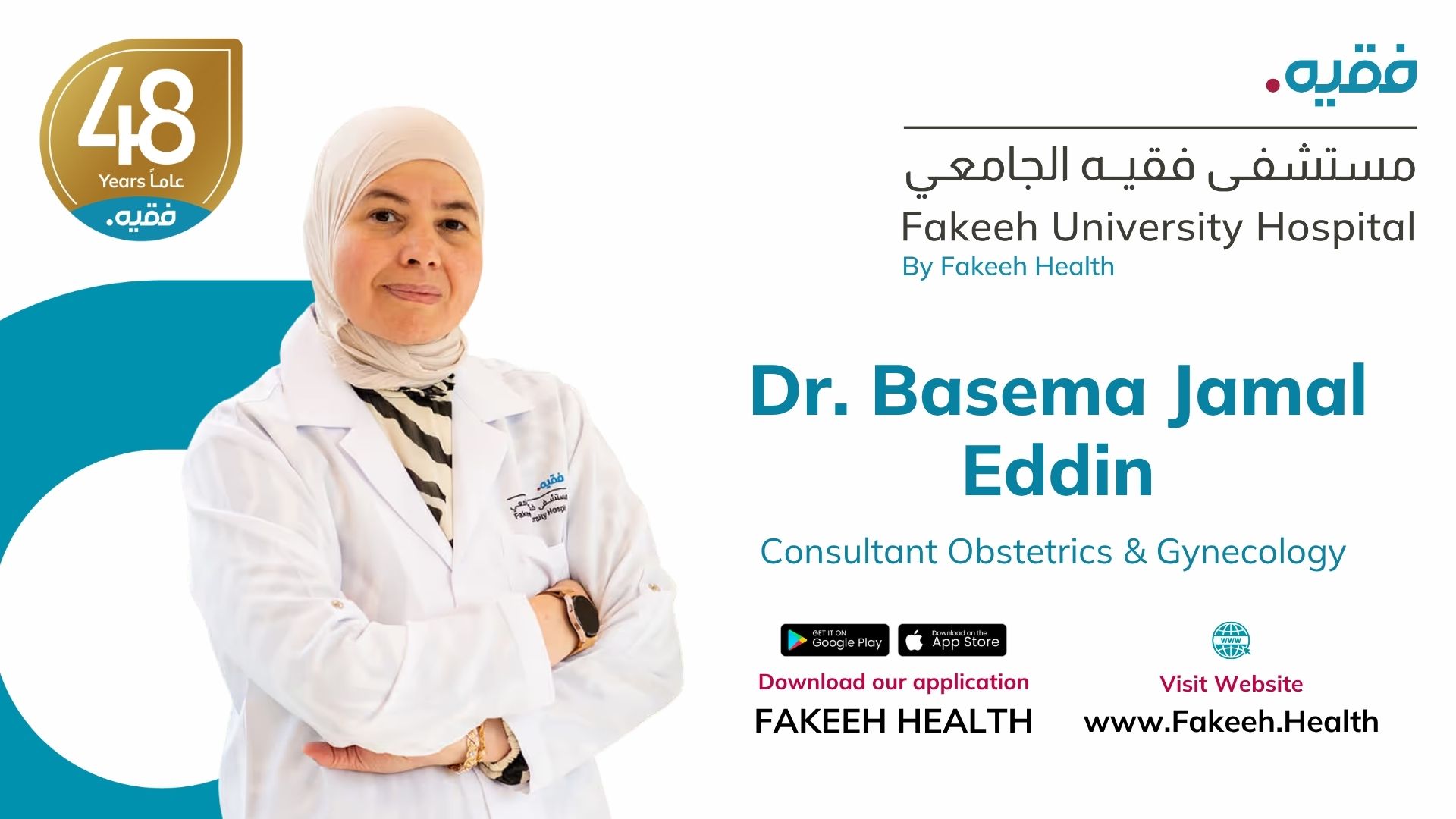
Menopause is a natural stage in every woman’s life — a transition that brings both physical and emotional changes. While often misunderstood or overlooked, menopause is not the end of vitality or youth, but rather the beginning of a new, empowering chapter.
In recognition of Menopause Awareness Month (October), Dr. Basma Jamal Al-Din, Consultant Obstetrics and Gynecology at Fakeeh University Hospital Dubai, shares valuable insights to help women navigate this phase with confidence, balance, and a proactive mindset.

Menopause marks the end of the menstrual cycle for 12 consecutive months and typically occurs between the ages of 45 and 55. It results from decreased production of the female hormones estrogen and progesterone, which affect temperature regulation, heart health, bone density, and mood stability.
The hormonal shifts can cause symptoms such as:
Despite these challenges, modern medicine and lifestyle changes can help women experience this transition with stability, strength, and emotional balance.
Dr. Basma emphasizes that a healthy diet plays a vital role in alleviating menopausal symptoms and maintaining hormonal balance. Women should prioritize nutrient-rich, natural foods and limit refined sugar, caffeine, and processed meals.
Top foods for menopause support include:
Avoid excessive salt and soft drinks, which contribute to calcium loss and water retention.
Menopause is not just a hormonal shift — it’s a holistic life transition that requires balance between physical and emotional well-being. Dr. Basma advises incorporating regular exercise and relaxation techniques to improve sleep, energy, and mood.
Simple daily steps to follow:
For women experiencing more severe symptoms, medical intervention may be beneficial. Dr. Basma highlights several effective treatments, including:
At Fakeeh University Hospital, women receive comprehensive, evidence-based care tailored to their symptoms and lifestyle, ensuring safe and effective treatment outcomes.
As estrogen levels decline, bone density decreases, increasing the risk of osteoporosis. Preventive care should begin early, ideally in the early 40s.
Women are encouraged to:
Hormonal fluctuations can impact emotional well-being, leading to mood swings, anxiety, or sadness. Dr. Basma emphasizes the importance of emotional support and open communication with family members, particularly partners, to maintain healthy relationships during this stage.
Acceptance, understanding, and timely professional guidance can transform this experience into one of self-discovery, resilience, and renewal.
Preparation begins long before symptoms appear. Women who adopt a healthy lifestyle early on—including balanced nutrition, physical activity, and regular checkups—experience a smoother transition and fewer complications.
Dr. Basma reminds women that menopause is not an end, but a beginning — an opportunity to focus on personal well-being, embrace life with maturity, and rediscover strength from within.
October’s Menopause Awareness Month is a reminder that awareness and education are essential for every woman’s health journey. With expert medical support from Fakeeh University Hospital, women can transition through menopause confidently — maintaining vitality, balance, and peace of mind.
Empowering women at every stage of life — because well-being never stops.
Read Full article